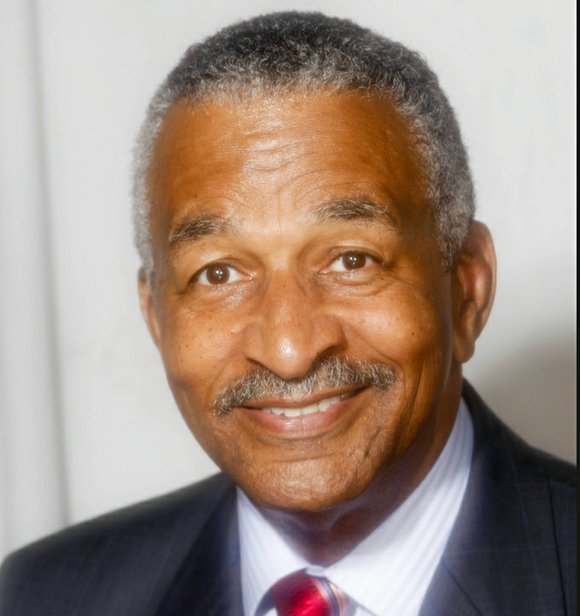Illusion of post-Katrina recovery
9/11/2015, 2:03 a.m.
James Clingman
Katrina does not need the word “Hurricane” as a descriptor; we are on a first name basis with her. Nearly 1,500 people died as a result of that storm, and others were abandoned, left to fend for themselves in unbearable heat, polluted waters and filthy municipal facilities. Hundreds of thousands, called “refugees,” were relocated in what could certainly be called Third World refugee camps. And many more were sent to what Barbara Bush thought was a pretty nice place, the Houston Astrodome.
Ten years later, President Obama goes to New Orleans to declare that he was “inspired” by the resilience of the people of New Orleans, and he lauded the progress made in rebuilding houses. While President Obama admitted there is more work to do, and cited the inequities that existed long before Katrina came to town, some residents were more open about their dissatisfaction.
An Associated Press article observed, “Colette Pichon Battle, executive director of Gulf Coast Center for Law & Policy, cautioned against slapping too happy a face on New Orleans, saying ‘rebuilding since the storm favors privileged private enterprise and this illusion of recovery is not progress.’”
City residents, too, spoke of uneven recovery. “I think we have a long way to go,” said Lisa Ross, 52, an appraiser. She said areas frequented by tourists have recovered tremendously but many neighborhoods have struggled.
Based on that quote, it looks like money from tourism is more important than people. But we knew that, didn’t we?
Former President George W. Bush also returned to the scene of the crime to laud what he described as progress in the New Orleans’ education system since Katrina. Juxtaposed against his famous commendation to the head of FEMA in 2005, “Brownie, you’re doing a heck of a job,” his words in 2015 ring hollow.
It seems that companies that received billion dollar, no-bid contracts to rebuild the city should have returned to put some of their profits back into the 9th Ward. They should have returned and set up entrepreneurship schools in that “model” school system that emerged from the disaster.
Many Katrina survivors have been permanently relocated to other states, moved to other parts of the city because of gentrification, gotten sick from the polluted water and formaldehyde in the FEMA trailers they lived in, or have died during the past 10 years. Despite the number of laborers needed to rebuild the city, the opportunity for black people to work was stymied by corrupt politicians, greedy corporate execs and contractors.
After being corralled like cattle, accused of “looting” food while white people were lauded for “finding” food, hunted down like wild animals, abandoned in stinking polluted water, turned back at gunpoint by their neighbors across the bridge, relegated to yet another Diaspora, this time in the U.S., separated from their children and loved ones and unaware of their whereabouts, used as political fodder, and now being used as props for presidential speeches, the people of New Orleans deserve a lot more than rhetoric.
If what is happening now in New Orleans is the best we can offer in 10 years, especially after we spent billions rebuilding Iraq in much less time, the leaders of this nation should hang their heads in shame and beg the forgiveness of those still negatively affected. After that, a Marshall Plan should be issued in response to the conditions under which black and poor people have lived since — and before — Katrina. Economic empowerment is the answer.
Mr. Clingman is founder of the Greater Cincinnati African-American Chamber of Commerce.








